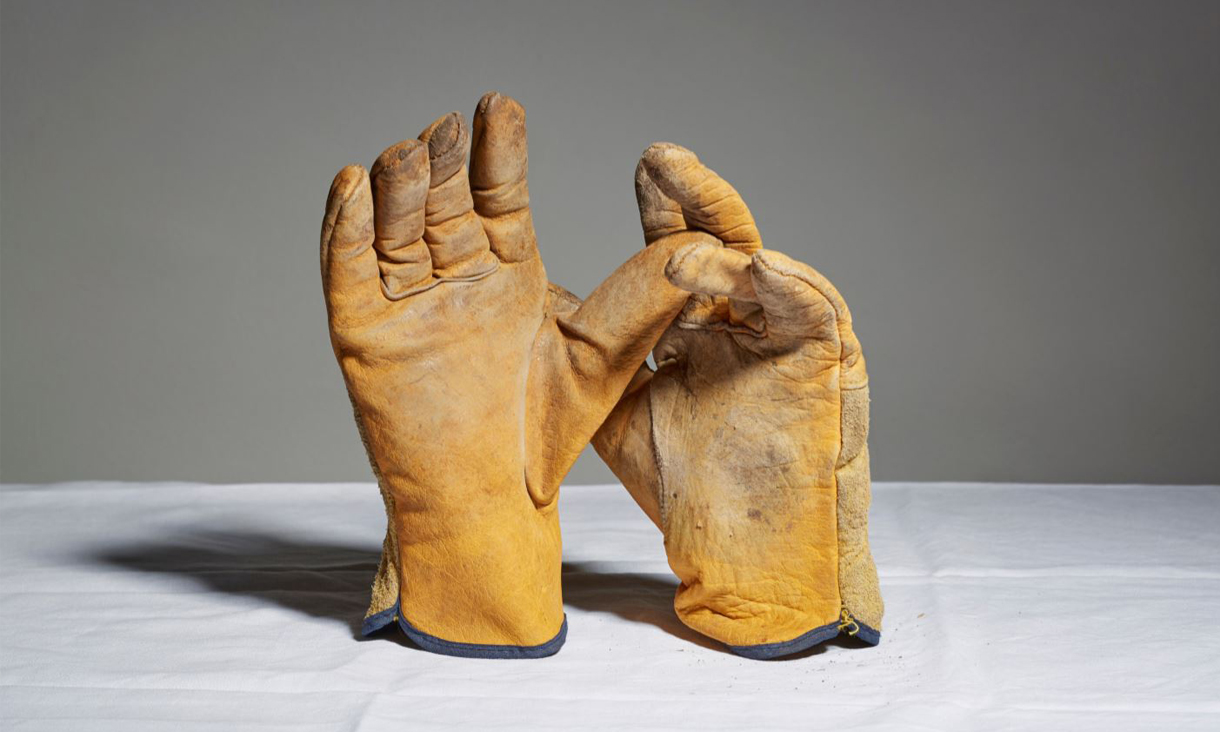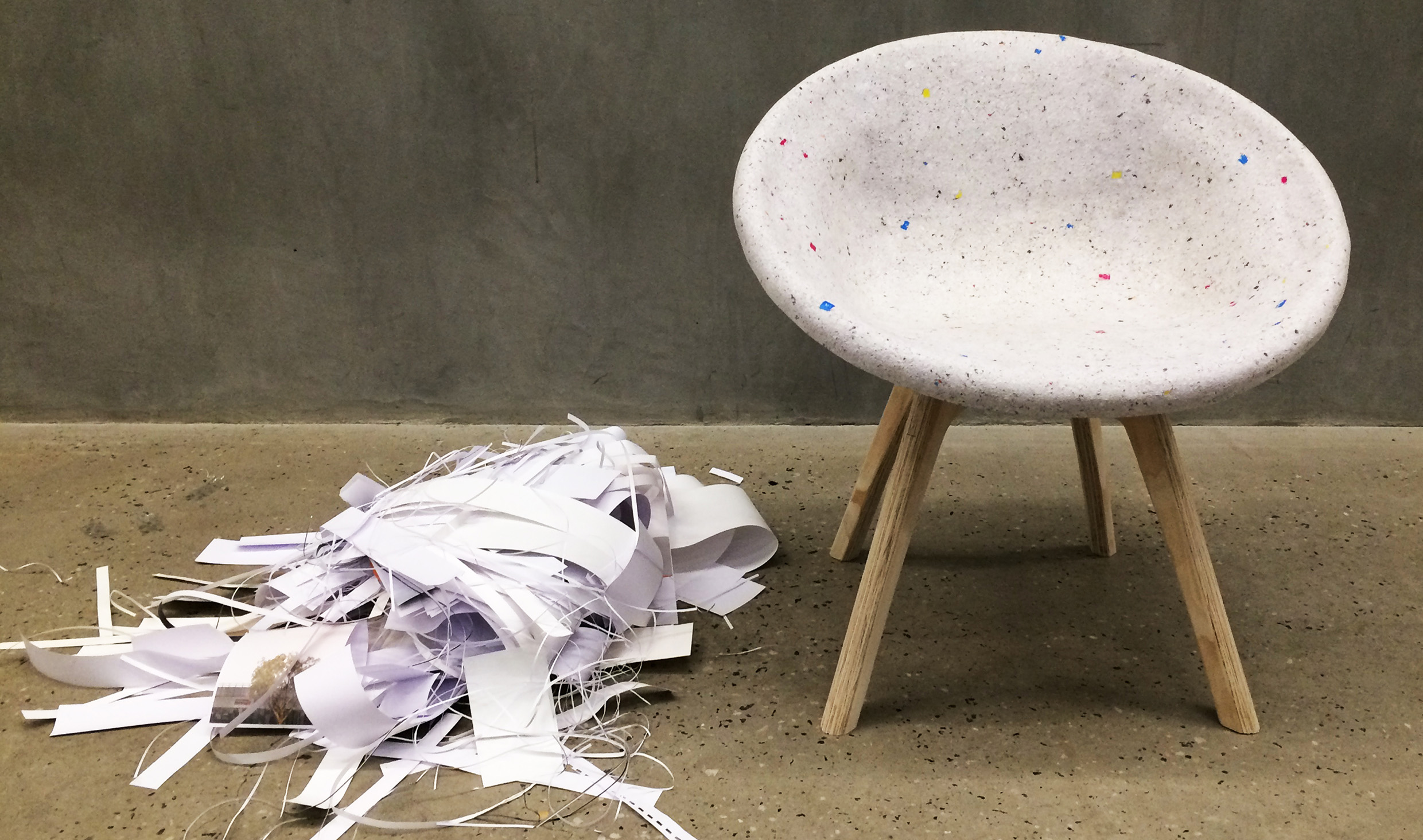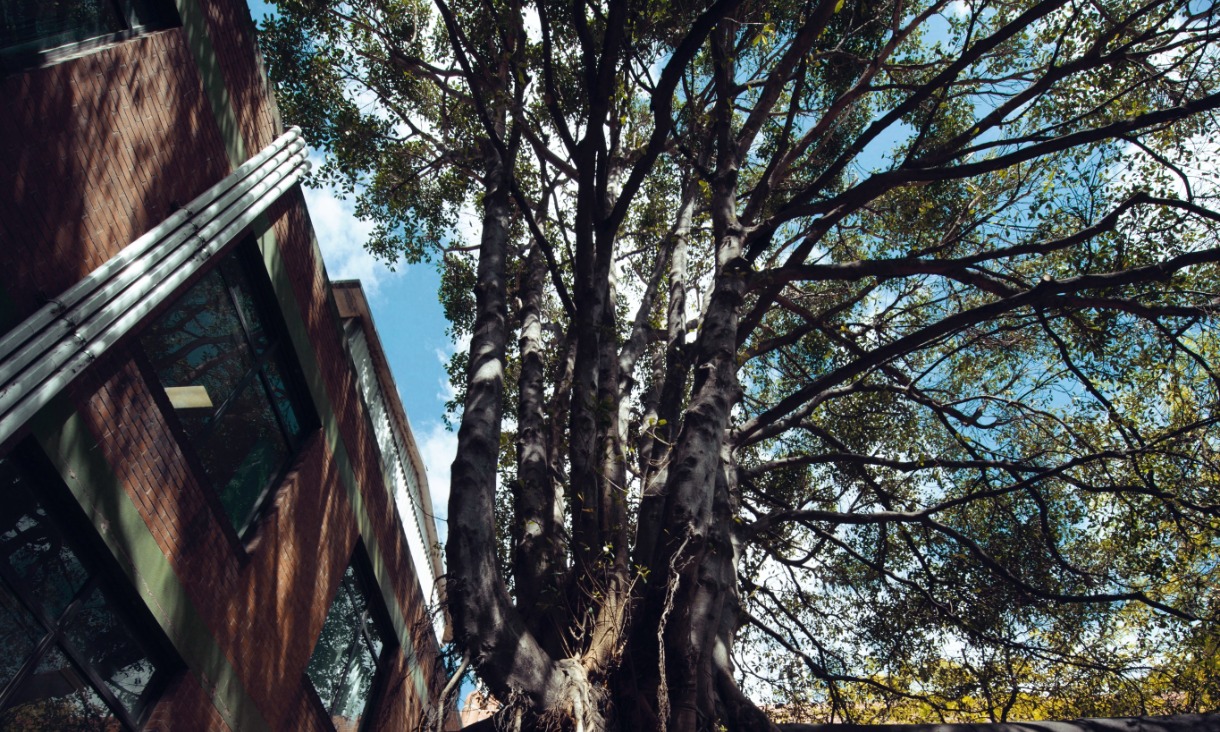Luo said he was motivated to take on the project because of a desire to understand the situation and how he could help.
“It’s important to re-think how we can use photography as a powerful tool to tell these stories,” he said.
RMIT ABC Fact Check Creative Content Lead Devi Mallal and Fact Check Researcher Ellen McCutchan met with the students throughout the project to share their experiences of producing the homelessness interactive.
Mallal said the main point they tried to impress was that many homeless people would not want to be photographed because of the stigma attached to their situation.
“They needed to be able to think laterally – maybe you can’t do a portrait, but you can still capture a poetic space, through silhouette, still life or text, explaining someone’s condition without objectifying them.”
The organisation is a nonpartisan and non-profit collaboration and has worked closely with students since the since it was relaunched in 2017.
“It’s great to see first-hand how people of a different generation interpret the content. It’s really valuable for us, especially when we are making content for young audiences,” Mallal said.
The photographs will be displayed outside the Fact Check office in the RMIT Media Portal on Open Day, Sunday 11 August.
National Homelessness Week (4 August - 10 August) provides a chance to raise awareness of homelessness across Australia.
Story: Jasmijn van Houten







